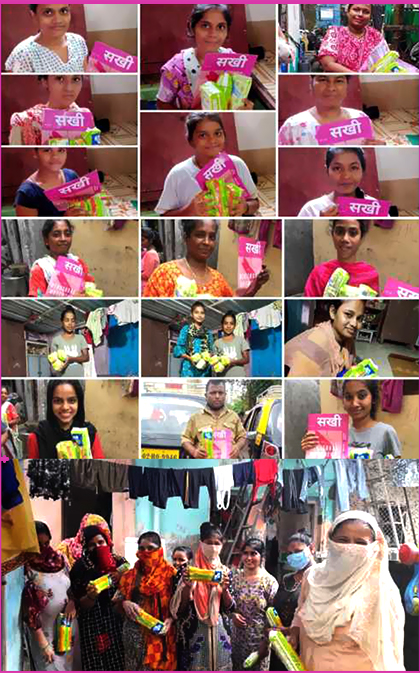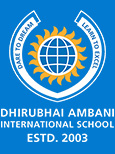Menstrual Movement

Menstrual Movement was a CAS project initiated by 11 girls in the 12th grade, led by Kiara Bose Roy, Thea Turner and Tanya Jhaveri. The DAIS team was the India chapter of the international student-led organisation Menstrual Movement that originated in North Carolina.The aim of this project was to work towards breaking the taboo surrounding menstruation and mitigating 'period poverty' in India. Period poverty is the lack of access to sanitary products and sanitation facilities. More than 80% of women in India resort to using unhygienic and unsafe alternatives to sanitary napkins such as sand, ash, old sarees and cloth. In India several girls are unable to attend school during this time and as a result, their education remains incomplete. The Menstrual Movement group wanted to help increase access to sanitary napkins for these women and help them lead healthier lives.
Part 2: Concurrently, the team wrote and designed a women's health magazine named 'Sakhi', aimed at promoting healthy sanitary practices and an informed outlook on menstruation. The team wrote articles on hygiene tips, myth busters, scientific explanations of the female reproductive system, information on PCOS and other related diseases. These articles were written in Hindi and English and two versions of the magazines were made available to the women. These magazines were distributed to each of the 800 women along with the pads. A teacher from the Gita Nagar slum said, “I am very grateful for these girls because the children were using ragged clothes. You have given us a study guide and we are teaching our girls how to lead a good life.”
The team feels lucky to have shifted health practices in the communities that they were able to reach out to. They received an overwhelmingly positive response from the women and are thrilled to have been able to contribute significantly to their community!

